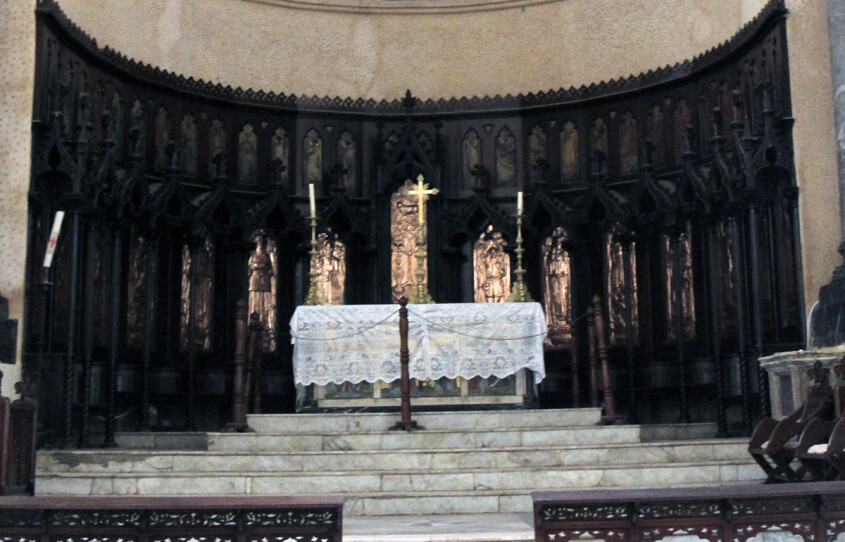Anglo-Catholic Missions in Africa and Why they Matter

I had the pleasure of offering a presentation on this topic last week at the historic Church of the Advent in Boston. Here I will give you a precis of the talk. This is valuable not least because of the strong Anglo-Catholic history of our own diocese.
- We think of the high church movement pertaining to liturgical, spiritual and doctrinal renewal. But at its origins it was also a missionary movement.
- Its story, however, cannot be told without saying something about its counterpart, the evangelical revival. While sometimes they competed, they also goaded each other forward. Both served to remind the 18th and 19th century Reformation traditions that the Church is inherently missionary (in the case of Anglo-Catholicism by recalling the rich history of the evangelization of the pagan peoples of the British Isles in the Middle Ages).
- However, the new missionary fervor was related to several features of the times. First it was the era of private voluntary societies, of the Church Missionary Society (low) and the Universities’ Mission to Central Africa (high). There was space within the institutional Church for initiative. Secondly, in both west Africa (the triangle trade) and the east (Islamic) the horrors of slavery provoked the conscience of Christians in England. In today’s parlance you might say that evangelism and racial reconciliation were linked.
- Already the rise of Churches planted by the missionaries made people realize that our tradition would become a global one, and that this would lead to disagreements needing to be worked out. A controversy over Bishop Colenso of South Africa and his heterodox views a century and a half ago led to the idea of a worldwide synod of bishops to adjudicate questions. The Anglo-Catholic bishop of Toronto, John Strahan advocated for this, but more evangelical bishops were leery- one of the ironies of our history.
- Missionaries were important, but sometimes we focus too much on them. They got things right, and wrong, but the on-the-ground evangelization of Africa was accomplished by local lay evangelists. Furthermore the Mothers’ Union’s key role reminds us that the heat of the day was often borne in Africa by women in ministry.
- We are grateful for this inheritance, but we are in a new era in which these ‘younger Churches’ are emerging into global leadership, difficult though this sometimes is. And we can note the frequent cross-pollination of the traditions. I(Though the example is not African), I remember Sunday morning at the Cathedral on St. Vincent, as liturgical as it can get, followed by a revival meeting led by the same priest in the evening. Likewise bishops in the global South have been pursing ‘holistic’ mission, of witness and service, before such a term came into vogue in the West. We too are looking for new forms of ‘evangelical and catholic’ , holistic ministry,, as means of the work of the Holy Spirit.
Peace,
+GRS



